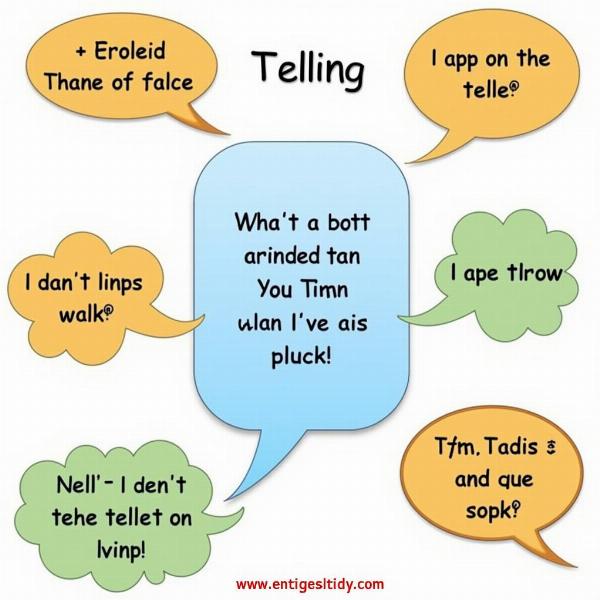The search query “u tell hindi meaning” suggests a desire to understand how to express the concept of “telling” in Hindi. This seemingly simple word encompasses a variety of nuances, depending on the context and the specific action being described. This article will delve into the various Hindi words used to convey the meaning of “tell,” exploring their subtle differences and providing practical examples to help you communicate effectively in Hindi.
Different Ways to Say “Tell” in Hindi
The most common Hindi equivalent of “tell” is बताना (batana). This versatile verb covers a wide range of situations, from conveying information to narrating a story. However, depending on the specific context, other Hindi words might be more appropriate. For example, कहना (kahana) is often used for saying something or making a statement, while सुनाना (sunana) emphasizes the act of narrating or recounting something, often a story or tale.
Choosing the Right Word: Context is Key
The subtle differences between these words can significantly impact the meaning of your sentence. If you want to ask someone to “tell me the time,” you would use बताना (batana): “क्या आप मुझे समय बता सकते हैं? (Kya aap mujhe samay bata sakte hain?)” However, if you want to “tell a joke,” कहना (kahana) might be more suitable: “मैं एक चुटकुला कहना चाहता हूँ (Main ek chutkula kahana chahta hun).” Similarly, for “telling a story,” सुनाना (sunana) is the perfect choice: “मुझे एक कहानी सुनाओ (Mujhe ek kahani sunao).”
Beyond the Basics: Exploring Other Nuances of “Tell”
Beyond these common translations, Hindi offers a wealth of other words to express specific nuances of “telling.” For instance, समझाना (samjhana) means to explain or make someone understand, while सूचित करना (suchit karna) is used for informing or notifying someone officially. Similarly, आदेश देना (aadesh dena) means to order or command, highlighting a more authoritative tone.
U Tell Hindi Meaning: Real-World Examples
Let’s look at some real-world examples to illustrate the usage of “u tell” in different contexts and their appropriate Hindi translations:
- “You tell me what to do.” – तुम मुझे बताओ कि क्या करना है (Tum mujhe batao ki kya karna hai).
- “You tell him I said hello.” – उससे कहना कि मैंने नमस्ते कहा (Usse kahna ki maine namaste kaha).
- “You tell a captivating story.” – आप बहुत अच्छी कहानी सुनाते हैं (Aap bahut achhi kahani sunate hain).
 Real-World Examples of "U Tell" in Hindi
Real-World Examples of "U Tell" in Hindi
Conclusion: Mastering the Art of “Telling” in Hindi
Understanding the subtle differences between Hindi words for “tell” is crucial for effective communication. By choosing the right word, you can convey your intended meaning with precision and avoid misunderstandings. Whether you’re asking for information, narrating a story, or giving instructions, this guide will help you navigate the nuances of “u tell hindi meaning” and express yourself clearly and confidently in Hindi.
FAQ
- What is the most common Hindi word for “tell”? The most common word is बताना (batana).
- What is the difference between कहना (kahana) and सुनाना (sunana)? कहना is used for general saying, while सुनाना is used for narrating stories or tales.
- How do you say “tell me” in Hindi? You can say मुझे बताओ (mujhe batao) or मुझे कहो (mujhe kaho), depending on the context.
- What is the Hindi word for “explain”? The word for “explain” is समझाना (samjhana).
- How do I choose the right Hindi word for “tell”? The right word depends on the specific context and the nuance you want to convey.
Meaning-Hindi.in is your one-stop solution for all your Hindi translation needs. We offer a wide range of professional translation services, including business and commercial document translation, certified and legal document translation, technical and user manual translation, website and localization services, educational and academic document translation, express translation, and specialized translation services. Contact us today for accurate and culturally sensitive translations! Email: [email protected], Phone: +91 11-4502-7584. Meaning-Hindi.in helps bridge the language gap between Hindi and other languages.